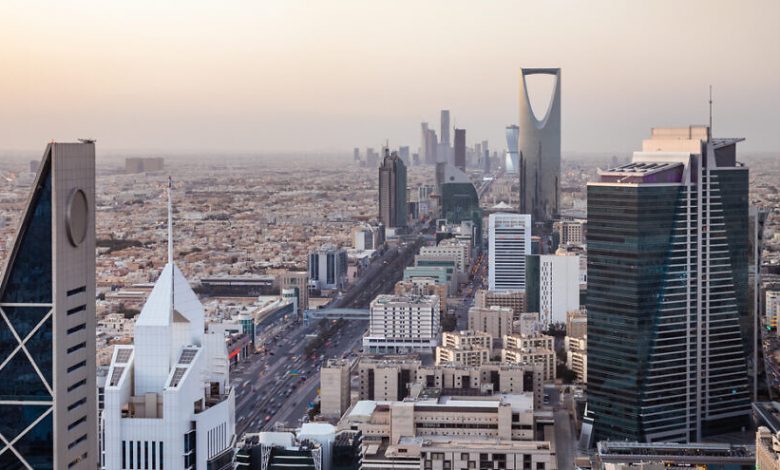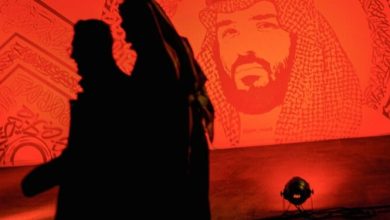The deterioration of the economic situation dominates the prayers of the Saudis during Ramadan

According to a government poll, the deteriorating economic conditions dominated the prayers of the Saudis during the month of Ramadan, in the latest expression of popular discontent with the policies of Crown Prince Mohammed bin Salman.
And the Saudi Center for Opinion Polls published the results of an opinion poll conducted about Saudis’ supplications during Ramadan. Its results sparked controversy through communication sites in the Kingdom.
According to the Saudi Center, 34% of Saudis asked God in Ramadan to help fulfil their living needs and aspirations.
On the other hand, 12% of the respondents asked for a job during their prayers during Ramadan.
Tweeters highlighted that the opinion poll is evidence of the deteriorating economic conditions in the Kingdom due to the austerity policy imposed by Mohammed bin Salman in favour of his failed foreign investments.
While some mocked that the unemployment rate declared by the Saudi government is only 8%, it is this 12% who are seeking a job.
The reality of muffled widespread anger is growing in Saudi Arabia at Mohammed bin Salman’s economic policies, which for years have caused the erosion of citizens’ purchasing power and decreased their financial income.
The American Stratfor website confirmed that Mohammed bin Salman’s economic policies are very unpopular within the Kingdom, such as the value-added tax, which has eroded the purchasing power of Saudis and infrastructure projects based on forced displacement.
The site indicated that when Mohammed bin Salman announced Vision 2030, he did not care about the people’s opinion because he did not feel there was a need to care about public opinion. Still, he crushed any opposition that wanted to object to these projects.
According to the site, the form of power in Saudi Arabia became more centralized under Mohammed bin Salman, as he doubled down on an authoritarian power structure and suppressed any political opposition.
He warned about the continuation of the repressive political environment and the centralization of power in the Kingdom. It increases the risks that threaten the foundation of Mohammed bin Salman’s vision for 2030 because it creates a hostile climate for the continuity of foreign companies’ business.
The site stated that any desired gains from Vision 2030 are threatened after the Crown Prince coupled social reforms with increasing efforts to centralize power and suppress political opposition, which creates a hostile climate for business continuity for foreign companies seeking to expand or launch new projects in the country.
The site pointed to the progress of strengthening the Saudi economy to be more open and inclusive to increase the interest of foreign investors after the Kingdom has been hostile to foreigners for decades.
And Vision 2030 includes billion-dollar projects, such as Neom, the $500 billion mega-city being built in northwestern Saudi Arabia.
Once it opens (likely sometime in 2024), the Red Sea port city will enshrine liberal social norms and practices within its borders to help attract foreign businesses and visitors.
The site highlighted that the era of Mohammed bin Salman combined social reform with increasing efforts to centralize power and suppress political opposition.
He pointed out that since he was appointed Deputy Crown Prince in 2015 (especially since his promotion to Crown Prince in 2017), Mohammed bin Salman has redoubled his efforts in this authoritarian power structure to implement the reforms that he outlined in his program that he announced “Vision 2030”, without the need First to assess the popularity and broader popularity.
The crown prince aims to maintain control over society, particularly important in Saudi Arabia, to quash any backlash against his deeply unpopular “Vision 2030” initiatives.
Under Mohammed bin Salman, Riyadh’s efforts to centralize power and suppress dissent have helped appease the Kingdom’s conservative leaders, who fear that the rapid pace of social reforms may be more destabilizing than helpful.
The site concluded that the authoritarian political system in Saudi Arabia had created uncertainty about the country’s future regulatory environment, which threatens business continuity as policies can change quickly.





